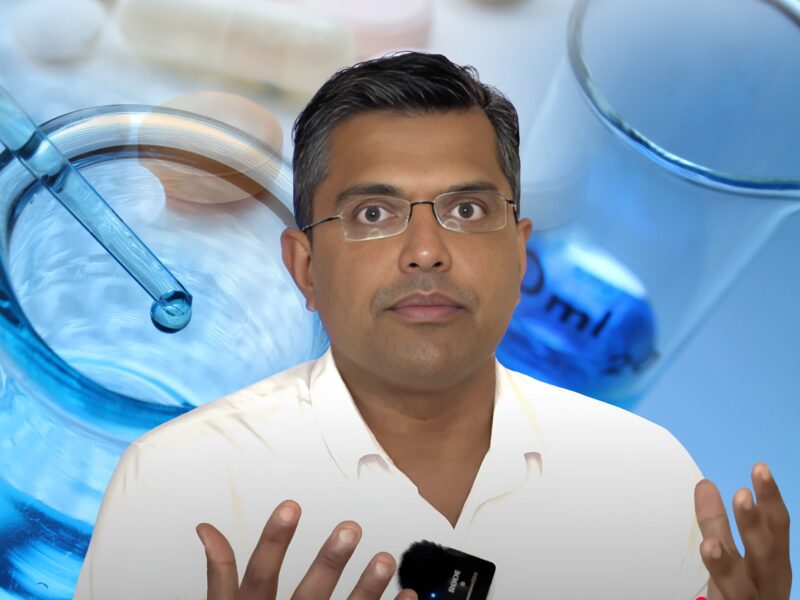The field of medical product development is experiencing unprecedented growth and innovation, creating exciting opportunities for professionals interested in healthcare technology.
Here are three compelling reasons why the future of medical product development is particularly promising both in the United States and globally.
Table of Contents
Technological Revolution in Legacy Medical Devices
The medical device industry is on the cusp of a significant transformation.
Many medical products and devices created in the 1950s, 60s, and 70s are now primed for revolutionary upgrades.
With the advent of machine learning and artificial intelligence, these legacy devices are becoming smarter and more responsive to patient needs.
This technological evolution allows us to collect ongoing patient data, analyze patterns, and continuously improve medical products.
The future of the medical product sector lies in this intelligent integration of established medical science with cutting-edge technology, creating devices that learn and adapt to better serve patients.
Cross-Functional Collaboration Skills
A defining characteristic of the medical product development field is its collaborative nature.
The sector’s vast scope necessitates coordination among diverse specialists working together toward a common goal. Success in this industry hinges on the ability to effectively work with cross-functional teams, drive timelines, and navigate complex development processes.
These essential interpersonal skills are critical throughout the medical product lifecycle.
The collaborative learning experiences gained in this field prepare professionals to thrive in the team-oriented environment that defines medical product innovation.
Diverse Career Opportunities
The third compelling reason to consider this field is the remarkable diversity of career paths available.
Medical product development encompasses a wide range of specializations spanning clinical trials, regulatory affairs, and business aspects of the industry.
This breadth opens numerous professional doors based on individual interests and strengths.
For example, the clinical trials sector alone encompasses approximately 17-18 different specialized roles.
Similar diversity exists within regulatory affairs and business domains of medical product development.
This variety allows professionals to engage with different facets of the product development lifecycle, finding their ideal niche within this expansive industry while building on their natural aptitudes and interests.
Conclusion
The medical product development field offers remarkable opportunities at the intersection of healthcare, technology, and business.
With the ongoing technological revolution in legacy medical devices, the emphasis on cross-functional collaboration skills, and diverse career paths available, there has never been a better time to enter this dynamic industry.
Whether you’re interested in the technical aspects of device innovation, the collaborative environment of development teams, or exploring specialized roles within the sector, medical product development presents a promising career path with significant growth potential and meaningful impact on healthcare delivery.

